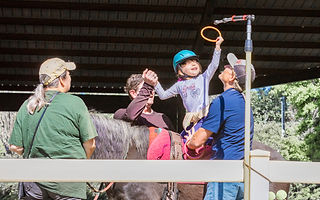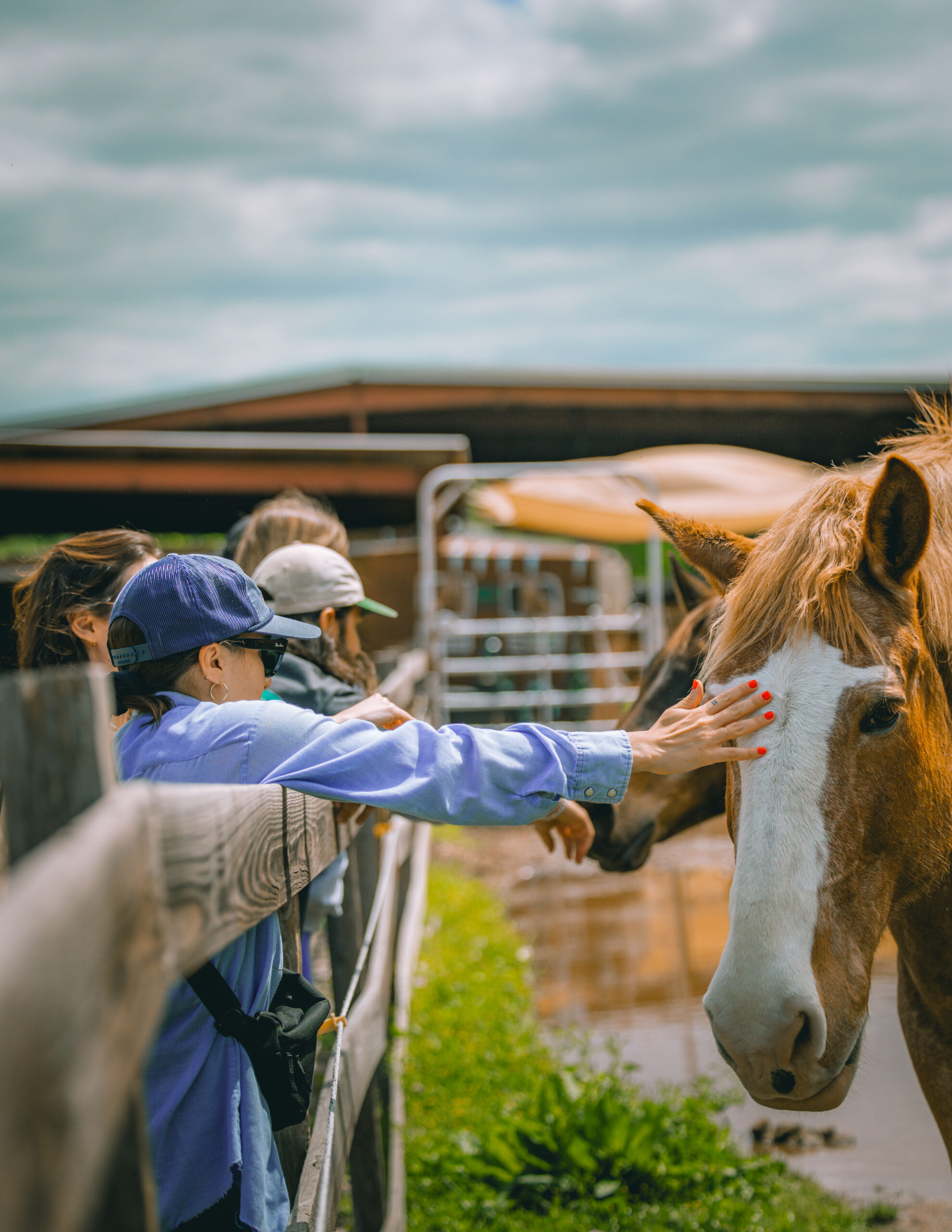Grief Counseling with Horses: Processing Loss

Grief is a deeply personal and often overwhelming experience that affects individuals in unique ways. Traditional counseling methods can be effective, but alternative therapies like equine-assisted grief counseling are gaining recognition for their healing potential. This article explores how horses can aid in processing loss, the benefits of this therapeutic approach, and practical insights for those considering it.
What is Grief Counseling with Horses?
Grief counseling with horses, also known as equine-assisted therapy, involves guided interactions between individuals experiencing loss and horses. This form of therapy leverages the natural sensitivity and responsiveness of horses to help clients explore and express their emotions in a safe, non-judgmental environment.
| Aspect | Description |
|---|---|
| Therapy Type | Equine-Assisted Therapy (EAT) |
| Target Audience | Individuals coping with grief and loss |
| Core Activities | Horse grooming, leading, and observing interactions |
| Therapeutic Goals | Emotional expression, self-awareness, stress reduction, and healing |
How Horses Help in Processing Grief
Horses are highly intuitive animals that respond to human emotions, making them ideal partners in grief counseling. Their non-verbal communication encourages clients to become more aware of their feelings and behaviors.
- Emotional Mirror: Horses reflect the emotional state of the person, helping individuals recognize and understand their grief.
- Grounding Presence: The physical act of caring for and being near horses can provide comfort and reduce anxiety.
- Building Trust: Developing a bond with a horse fosters trust and patience, which can translate into improved interpersonal relationships.
Benefits of Equine-Assisted Grief Counseling
| Benefit | Explanation |
|---|---|
| Emotional Release | Facilitates safe expression of complex emotions |
| Increased Mindfulness | Encourages present-moment awareness through interaction with horses |
| Stress Reduction | Physical activity and connection with animals lower cortisol levels |
| Enhanced Self-Esteem | Achieving tasks with horses boosts confidence |
| Social Support | Group sessions promote community and shared healing experiences |
What to Expect in a Session
- Initial Assessment: The counselor evaluates the individual’s needs and goals.
- Introduction to Horses: Clients meet the horses and learn basic handling techniques.
- Guided Activities: Participants engage in exercises such as grooming, leading, or simply observing the horses.
- Reflection: Time is allotted for discussing feelings and insights gained during the session.
Frequently Asked Questions (FAQ)
Q1: Is prior experience with horses necessary?
No, sessions are designed for all experience levels, including beginners.
Q2: How long does the therapy last?
Duration varies; some benefit from a few sessions, while others engage in longer-term programs.
Q3: Can equine therapy replace traditional counseling?
It is often used as a complementary approach rather than a replacement.
Q4: Are there any risks involved?
Therapy is conducted under professional supervision to ensure safety.
Conclusion
Grief counseling with horses offers a unique and powerful way to process loss by combining emotional healing with the therapeutic benefits of human-animal interaction. For those struggling with grief, this approach can provide comfort, insight, and a path toward recovery.
If you’re interested in exploring this form of therapy, consider reaching out to certified equine-assisted therapists to learn more about how it might support your healing journey.
